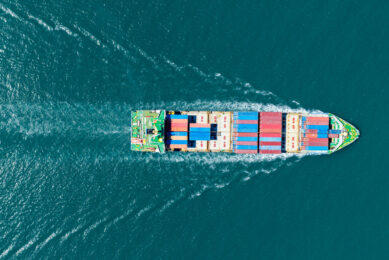Work stoppages at Argentine grain export ports spread
After picketing workers in San Lorenzo now also tugboat operators at the ports of Bahia Blanca and Quequen in southern Buenos Aires Province going on strike.
The Bahia Blanca and Quequen ports are home to significant loading facilities for wheat, most of which is shipped to Brazil.
Tugboat workers at the two ports were refusing to provide services to grain loading terminals, but the rest of the port facilities are unaffected, an official at Argentina’s port authority said.
Cargill Inc., Argentina’s leading grain exporter, has its port blocked, and Terminal 6 is blocked as well, which is owned by Aceitera General Deheza SA and Bunge Ltd. and is one of the largest soybean crushing and loading facilities in the area.
If talks break down, the strike could spread to the other ports in the area. The president of the cooperative, Herme Juarez, is also secretary general for the local chapter of the national port workers union, SUPA.
Chicago worried
The blocking of the terminals were a reason of concern in the Chicago Market as the conflict boosted prices of other commodities as well.
Another factor for rising commodities was the announcement made by the UN regarding the prices of food reaching a new 20-year high in February, after 8 months of continuous increases.
The five food groups that this organization assesses, (grains, milk products, oils, sugar and meat), climbed in comparison of their levels from 12 months ago in an uptrend that started last summer.
Specifically corn has a limited surplus in the face of strong export pressure and strong demands for the fabrication of ethanol and its use for animal feed.











